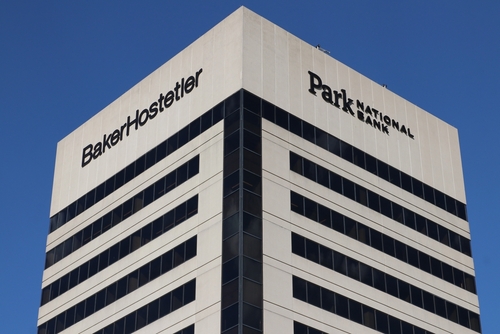ABA Weighs Required Disclosure of Law School Job Stats, More Rigorous Reporting
ABA President Stephen Zack says potential law students lack awareness about lawyer jobs and salaries, and the association is considering ways to correct the misimpression.
Zack was quoted by the National Law Journal about concerns that a record number of applicants are applying to law schools even as law firms are shedding jobs.
“What’s out there right now is Boston Legal or L.A. Law,” said Zack, who appeared last week at a conference on the future of legal education. “There’s a total lack of awareness out there. They hear these astronomical salaries which reflect just the top 3 percent of students who go to the top 10 law firms.”
The ABA is considering three measures to battle the problem, the NLJ says. First is an effort dubbed “Truth in Law School Education” that would require law schools to disclose cost and job statistics to all accepted law school applicants.
The proposal would link the disclosure requirement with accreditation. The ABA Young Lawyers Division could consider the proposal as early as February, and if wins approval, it could be forwarded to the ABA House of Delegates for consideration in August, the story says. “You would get [employment and cost] information with your letter of acceptance to a law school,” explained YLD chair David Wolfe. “We want people to go to law school with their eyes open.”
Zack acknowledges some of the current reported job statistics can be misleading, however. “I think some of the numbers are cooked. To play the U.S. News & World Report game, law schools are creating jobs for graduates so they can say they are employed when they really aren’t,” Zack said, according to the NLJ account. “Still, [prospective students] will know enough to ask more questions.”
Two other measures may address the numbers problem. A subcommittee of the Standards Review Committee of the ABA Section of Legal Education and Admissions to the Bar is considering revisions to standard 509, which covers the consumer information law schools must collect and disclose, the story says.
David Yellen, dean of Loyola University Chicago School of Law, is chairman of the standard 509 subcommittee. “Our subcommittee will be proposing much more rigorous requirements,” the article quotes Yellen as saying. “The current standard is very general—you could even call it vague. People have been comparing apples to oranges because schools report what they want.”
Another committee of the ABA Section of Legal Education and Admissions to the Bar—the Questionnaire Committee—is considering changing the employment and placement information that law schools provide to the ABA. The data is published in the Official Guide to ABA-Approved Law Schools, and is also used for law school rankings by U.S. News & World Report.
ABA consultant on legal education Hulett “Bucky” Askew tells the ABA Journal that the Standards Review Committee and the Questionnaire Committee are “operating on parallel but collaborative tracks.” The Standards Review Committee is meeting in November and the Questionnaire Committee in December.
Any changes recommended by the Questionnaire Committee could be adopted by the section council this spring and required on law school questionnaires next year. Decisions by that committee “are the first and perhaps best step” in addressing transparency concerns, Askew tells the ABA Journal.
The Wall Street Journal Law Blog and Above the Law both noted the NLJ story.
Updated on Oct. 21 to report on the work of the Questionnaire Committee and to add comments by Hulett “Bucky” Askew.



